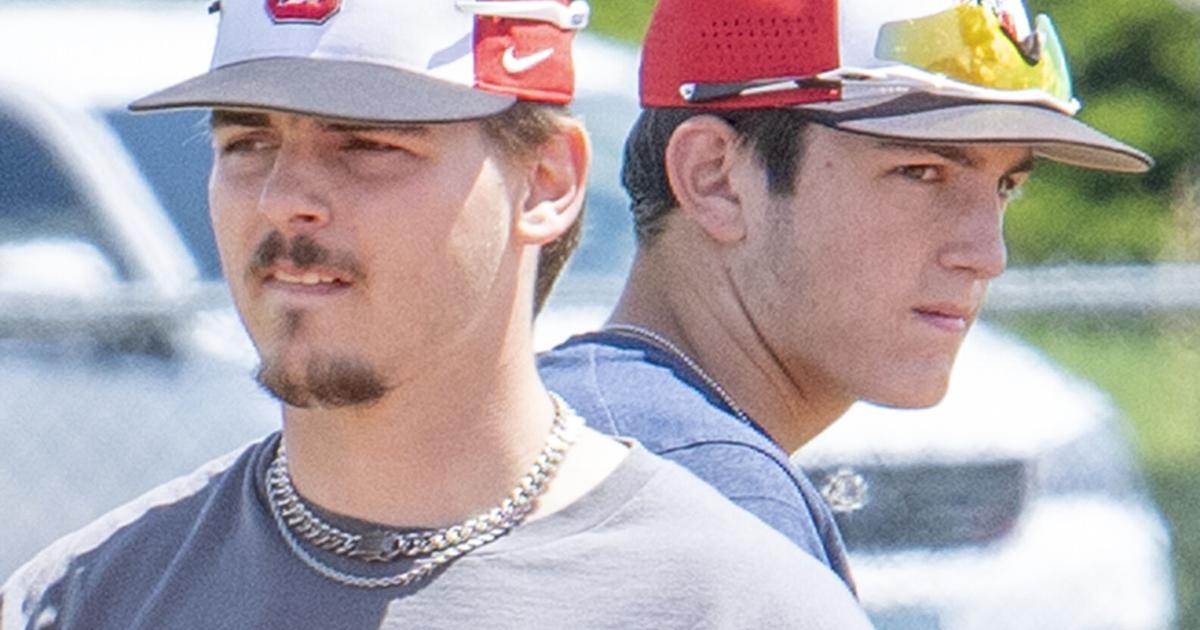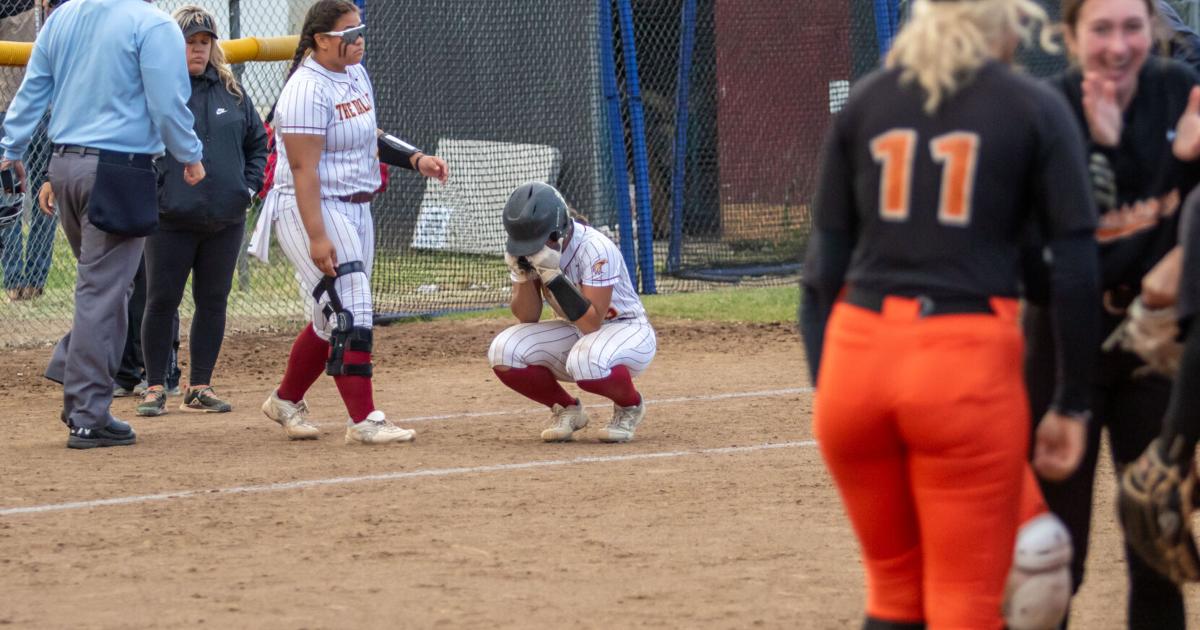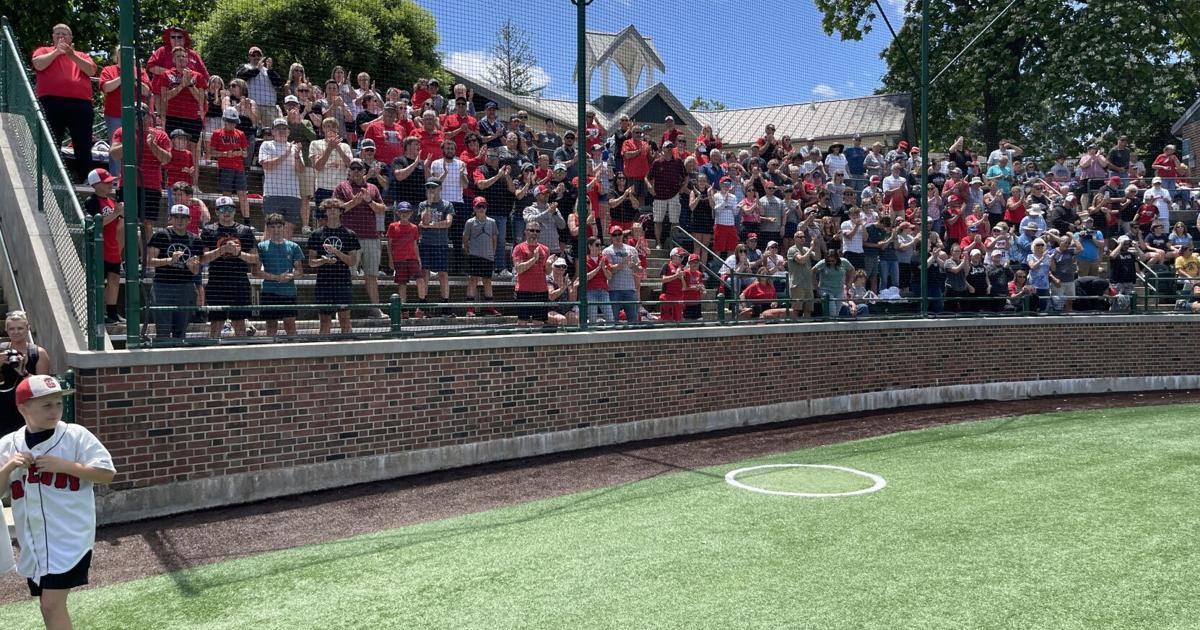NCAA Contemplates Permitting Student Athletes and Athletic Staff to Engage in Sports Betting
NCAA Considers Changes to Sports Betting Policies for Student Athletes and Staff
NCAA Considers Changes to Sports Betting Policies for Student Athletes and Staff
In a recent development, the NCAA is in discussions with its division leaders to potentially revise its policies on sports betting for student athletes and team staff. Mark Hicks, managing director of enforcement for the NCAA, hinted at the possibility of “liberalizing” the current sports betting policies during a session at the SBC Summit North America.
The discussions will focus on whether student athletes and athletic staff should be allowed to bet on professional and college sports. This comes in light of recent issues where athletes have been found betting on their own teams or themselves, raising concerns about the integrity of collegiate sports.
Continual Evaluation of Policies
Hicks emphasized that the NCAA is constantly evaluating its rules and policies to ensure they are in line with the evolving sports betting landscape. The upcoming discussion with division leaders will address the need for a uniform sports betting policy across all divisions and the potential liberalization of rules for student athletes and team staff.
Currently, student athletes face severe penalties if found betting on sports, including the loss of collegiate eligibility. The NCAA has been working to modernize its sports betting guidelines, with revisions made last year to provide more leniency for certain violations.
Revised Guidelines and Penalties
The revised guidelines now differentiate between technical violations and integrity concerns, such as betting on one’s own school or team. Harsh penalties remain for activities that could influence game outcomes or compromise the integrity of collegiate sports.
For incidents involving sports betting, the NCAA has outlined specific penalties based on the amount wagered, ranging from education on sports wagering rules to loss of eligibility for a certain percentage of a season. The goal is to deter student athletes from engaging in activities that could tarnish the reputation of collegiate sports.
As discussions continue within the NCAA, the focus remains on maintaining the integrity of college athletics while adapting to the changing landscape of sports betting. The outcome of these discussions could have significant implications for student athletes and team staff across all divisions.
For more updates on this developing story, stay tuned to Sports Betting Dime for the latest news and analysis on sports betting regulations.



